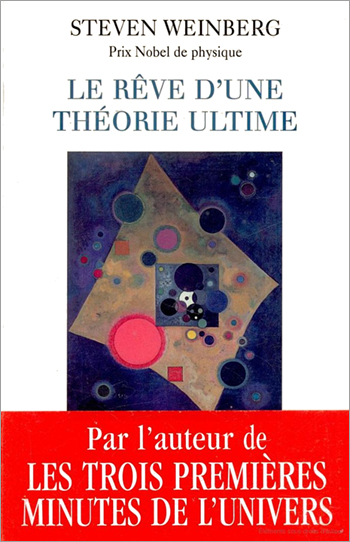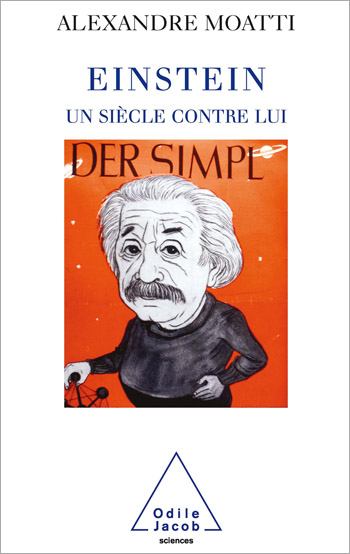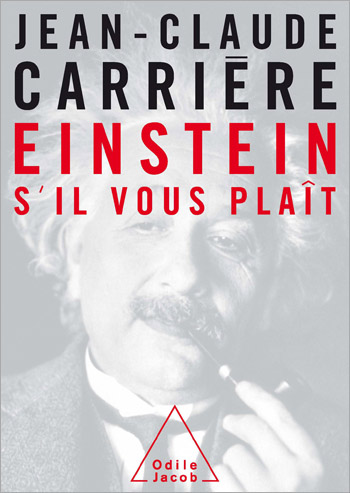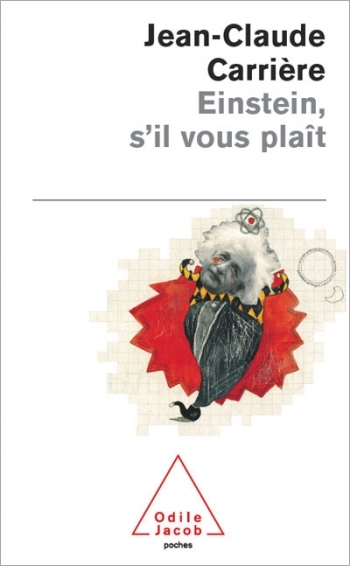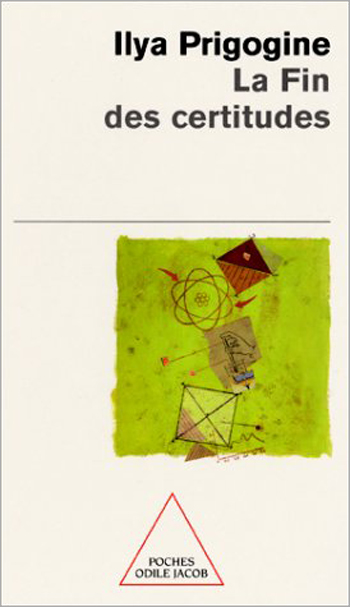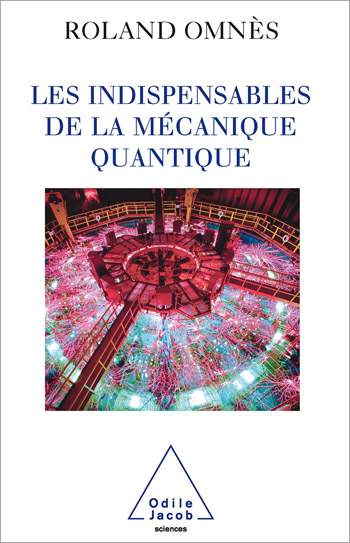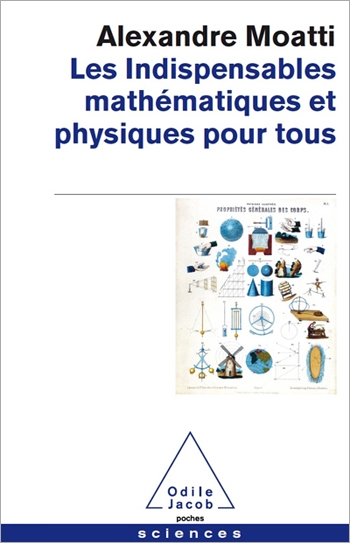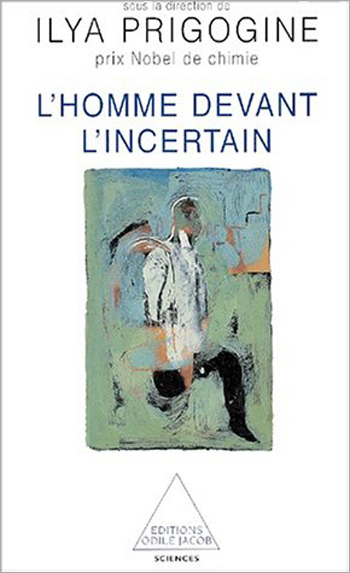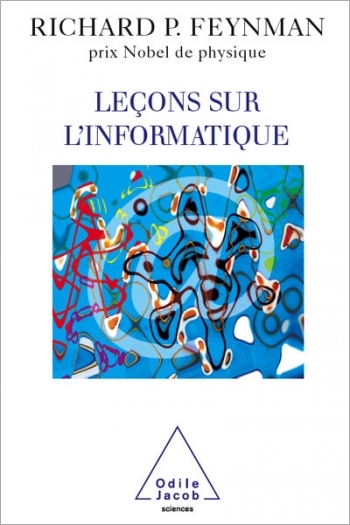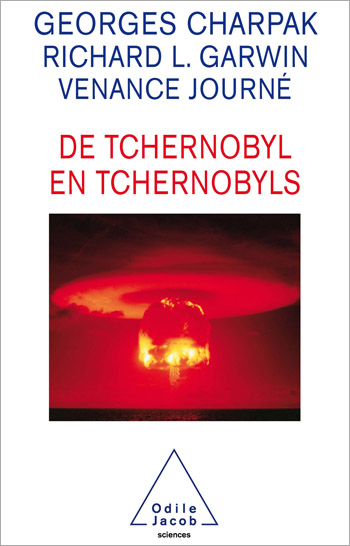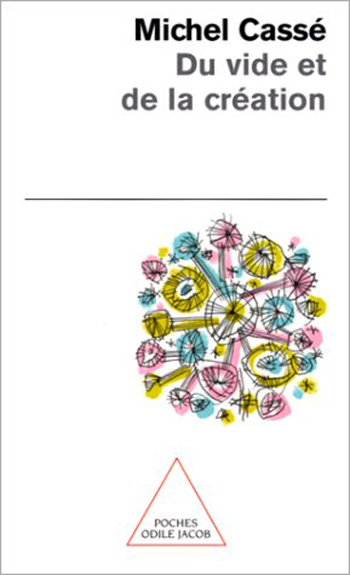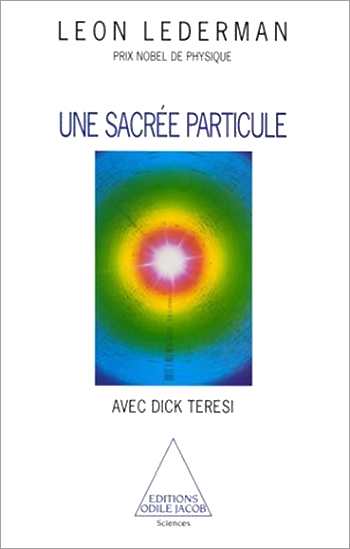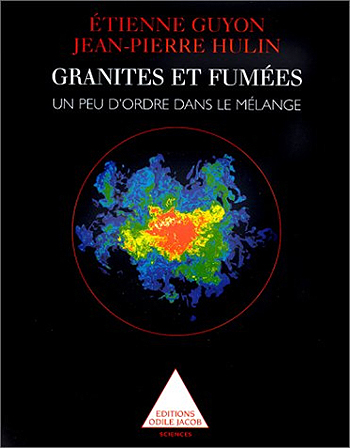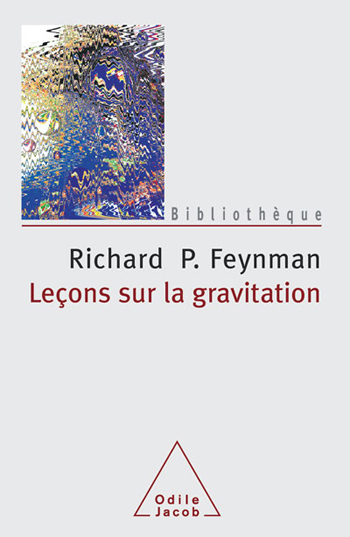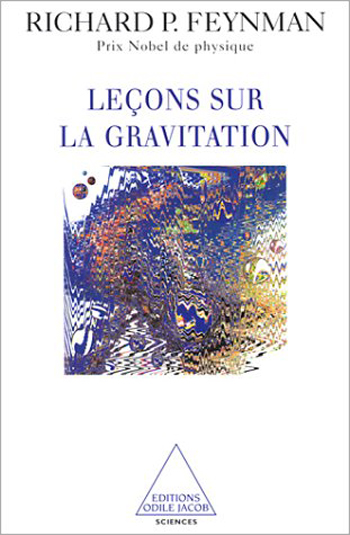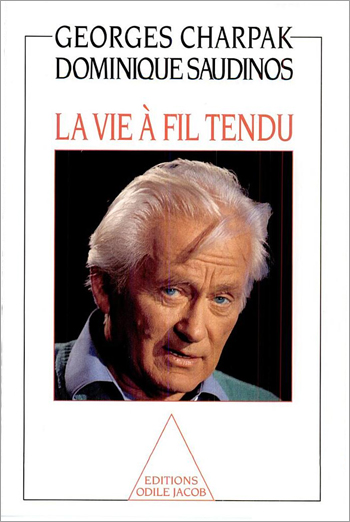Physics, Chemistry All books
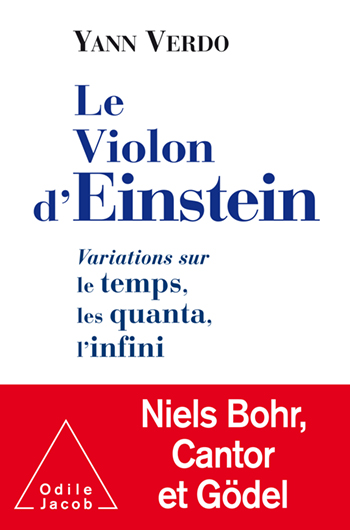
Yann Verdo
Einstein’s Violin Einstein, Niels Bohr, and Gödel
A very original initiation into the mysteries of science, for the “honest man” of the twenty-first century.
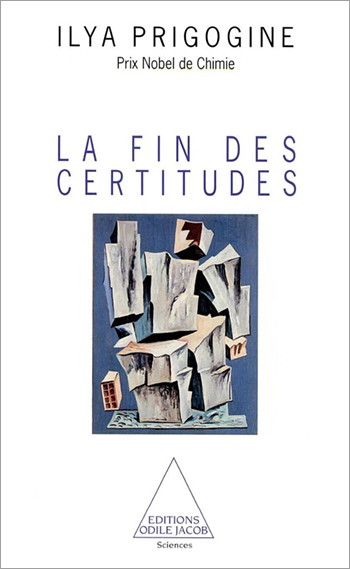
Ilya Prigogine
The End of Certainties
As we come to the end of the century, the question of the future of science is often posed. I believe we are just at the beginning of a new endeavour. We are witnessing the development of a science which is no longer limited to simplified, idealised situations, but makes us face the complexity of the real world. This new science will allow human creativity to be experienced as the unique expression of a fundamental trait common to all aspects of nature. Ive tried to present this conceptual transformation, which implies the beginning of a new chapter in the fruitful relations between physics and mathematics, in a manner that will be comprehensible and accessible to all readers interested in the evolution of our ideas of nature. We are but at the threshold of a new chapter in the history of our dialogue with nature, writes Ilya Prigogine. Ilya Prigogine, winner of the Nobel Prize for Chemistry, teaches at the Free University of Brussels and at the University of Texas, in Austin.

Ilya Prigogine
The End of Certainties (Coll. Opus)
As we come to the end of the century, the question of the future of science is often posed. I believe we are just at the beginning of a new endeavour. We are witnessing the development of a science which is no longer limited to simplified, idealised situations, but makes us face the complexity of the real world. This new science will allow human creativity to be experienced as the unique expression of a fundamental trait common to all aspects of nature. Ive tried to present this conceptual transformation, which implies the beginning of a new chapter in the fruitful relations between physics and mathematics, in a manner that will be comprehensible and accessible to all readers interested in the evolution of our ideas of nature. We are but at the threshold of a new chapter in the history of our dialogue with nature, writes Ilya Prigogine. Ilya Prigogine, winner of the Nobel Prize for Chemistry, teaches at the Free University of Brussels and at the University of Texas, in Austin.
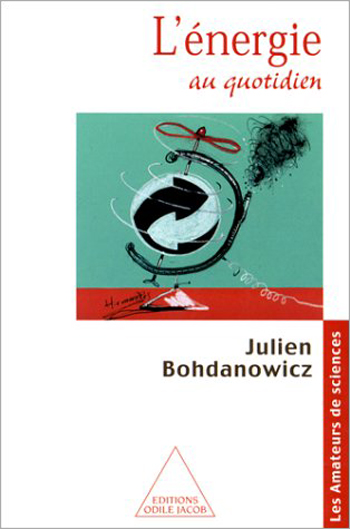
Julien Bohdanowicz
Energy in Daily Life
In this book about science in daily life, Julien Bohdanowicz explains that physics can help us understand how waste products have poisoned our environment, but also that it can show us how to treat waste. He makes readers discover the laws of the conservation of energy, which can be summarised in the well-known adage: Nothing is lost, nothing is created, everything is transformed. Julien Bohdanowicz is an engineering student at the École Nationale Supérieure des Techniques Avancées.
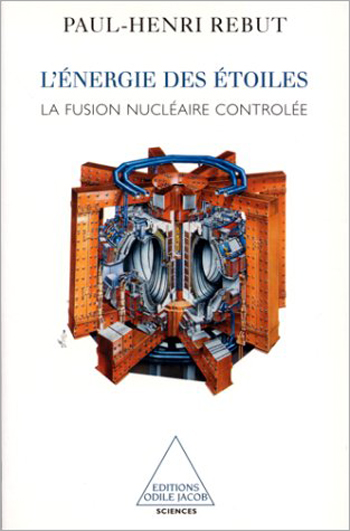
Paul-Henri Rebut
Energy of the Stars Controlled Nuclear Fusion
Nuclear fusion can be likened to God or the devil. Out there among the stars, it is godlike, creating atoms and giving birth to life. But down below, on earth, nuclear fusion is the devil: it has been used to make bombs that can annihilate everything, including all forms of life. Now that the devil of thermonuclear destruction seems to have been locked back in its box, nuclear fusion kept under tight control in civil reactors offers the hope for long-term economic development. Isnt it the only inexhaustible, non-polluting form of energy that offers no limits except that of human technical knowledge? Paul-Henri Rebut is a member of the Academy of Science.
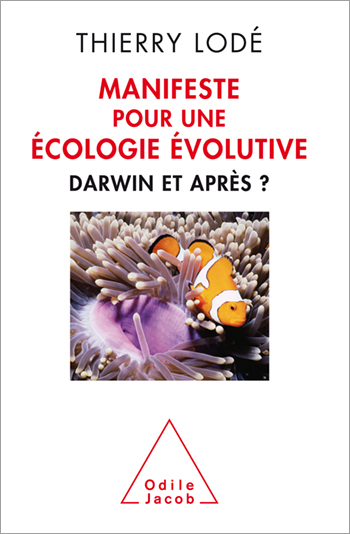
Philippe Miné, Jean-Pierre Pharabod
Fascinating Quantum Field Theory
A fascinating, informed work that takes us to the heart of the quantum revolution
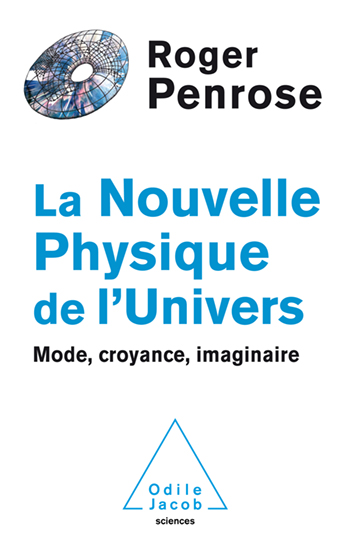
Roger Penrose
Fashion, Faith, and Fantasy in the New Physics of the Universe The Big Bang and the effect of fashion
Roger Penrose is a world-renowned theoretical physicist. The author of many books on cosmology, he is emeritus professor of mathematics at the University of Oxford.
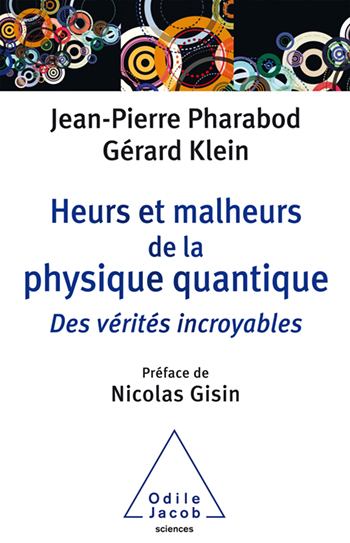
Jean-Pierre Pharabod, Gérard Klein
Fortune and Misfortune in Quantum Physics (Re)discovering the great theories of physics
The great theories of physics seen through the controversies they provoke. Quantum physics and general relativity, the two pillars of modern physics, are a source of fascination to many. Difficult subjects tackled in their historical context and without scientific tools.
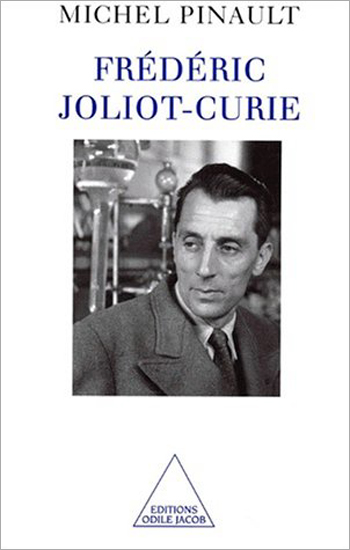
Michel Pinault
Frédéric Joliot-Curie
This is the first biography of Frédéric Joliot-Curie, the founder of French nuclear research and winner of the Nobel Prize for Chemistry in 1935. For many, he represents the political commitment of French intellectuals in the struggle against Fascism in the twentieth century. His life illustrates the transition from traditional science, limited to the world of academia, to Big Science, with major national and international repercussions. Michel Pinault holds an agrégation and a doctorate in history from the University of Paris I.
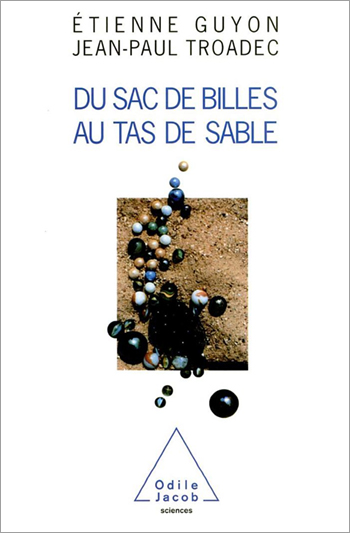
Étienne Guyon, Jean-Paul Troadec
From a Bag of Marbles to a Heap of Sand
Why don't sand dunes collapse? How does sand flow in an hourglass? How is it possible to empty a silo of all its wheat? What's a ceramic? The answer to all these questions can be found in the science of the complex organizations of matter, a science which is pluridisciplinary. Étienne Guyon, head of the École Normale Supérieure, and Jean-Paul Troadec, a researcher, present the characteristics of grain matter, the rules by which it is organized (in both crystal and fluid) as well as its movements (in silos as in avalanches).
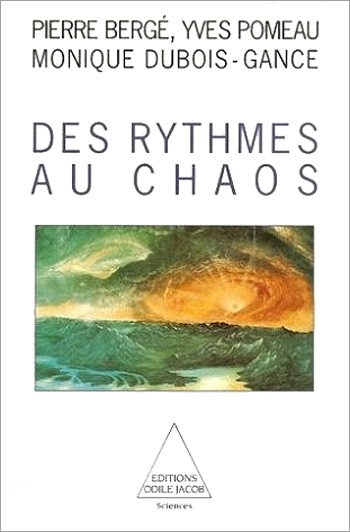
Pierre Bergé, Yves Pomeau, Monique Dubois-Gance
From Rhythm to Chaos
From the physics of particules to astronomy, from chemistry to biology, chaos is present in most scientific fields. Three specialists of this subject have undertaken, through many examples, to extract chaos from the scientific world in order to show how strong is its hold on our daily lives.
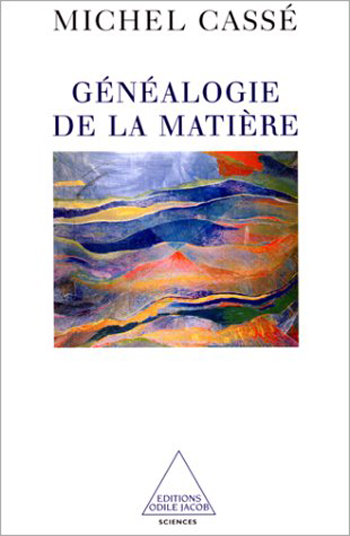
Michel Cassé
The Genealogy of Matter
Atoms originate in the stars. There is no real separation between the Earth and the sky, and matter forms one great whole, based on a series of nuclear reactions. Written in a lyrical, poetic style, this is a concise, clearly illustrated account of the birth of matter, aimed at the general reader. Michel Cassé is an astrophysicist and researcher at the CEA and the Institut Astrophysique, in Paris. He is the author of Du Vide et de la Création and La Petite Etoile.
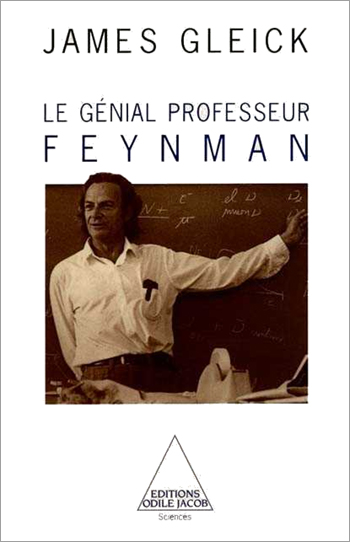
James Gleick
Genius: Richard Feynman and Modern Physics
Richard Feynman, Nobel Prize winner for his work on the description and calculation of interactions between particles, was a genius of our time. Quantum physics theoretician, enfant terrible of the Manhattan project and ascerbic critic of the investigative committee of the American space shuttle, Feynman left a profound impression on modern physics. James Gleick, a former journalist at The New York Times and author of the best-selling Chaos Theory, tells how Feynman's ideas were formed and how he reinvented particle physics. Through this portrait, Gleick explores the nature of genius itself and provides insight about the fascination that it engenders.
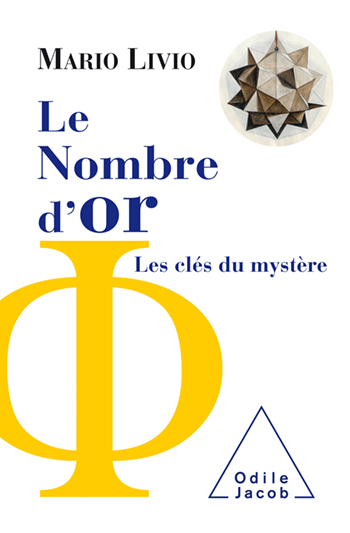
Mario Livio
The Golden Ratio: The Story of PHI, the World's Most Astonishing Number A mathematical myth
The Golden Ratio is a captivating journey through art and architecture, botany and biology, physics and mathematics.
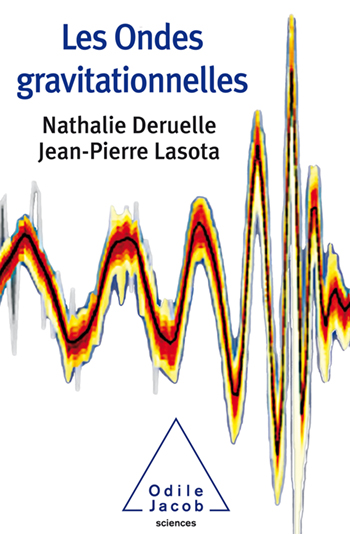
Nathalie Deruelle, Jean-Pierre Lasota
Gravitational Waves
An extraordinary, theoretical, and experimental saga told by two of the protagonists, or how a purely theoretical notion became a physical reality. A revolution: telescopes now observe in gravitational waves also! Astronomy of the future will be gravitational.
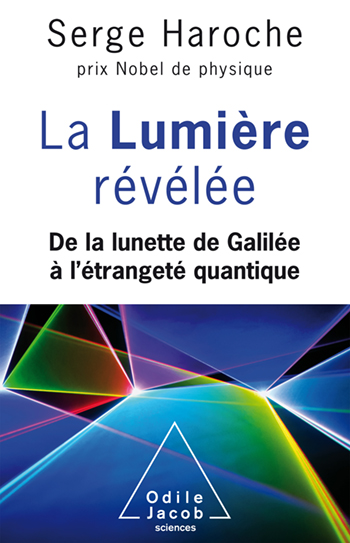
Serge Haroche
The light revealed
The is a scientific biography and history of what we know about light, including current advancements in the field, in which Serge Haroche has played a major role.

